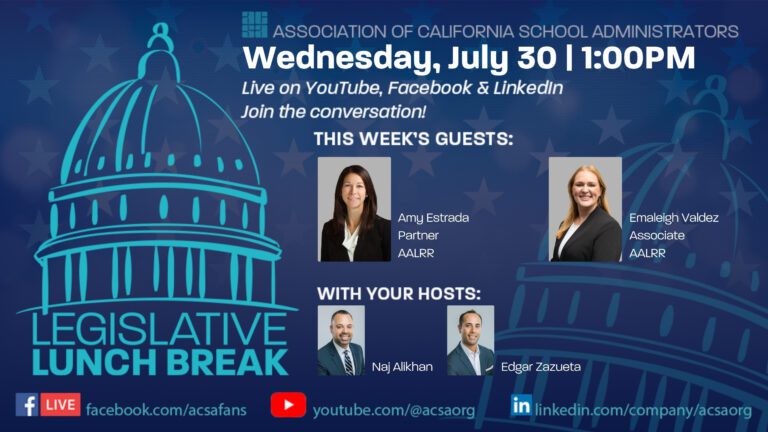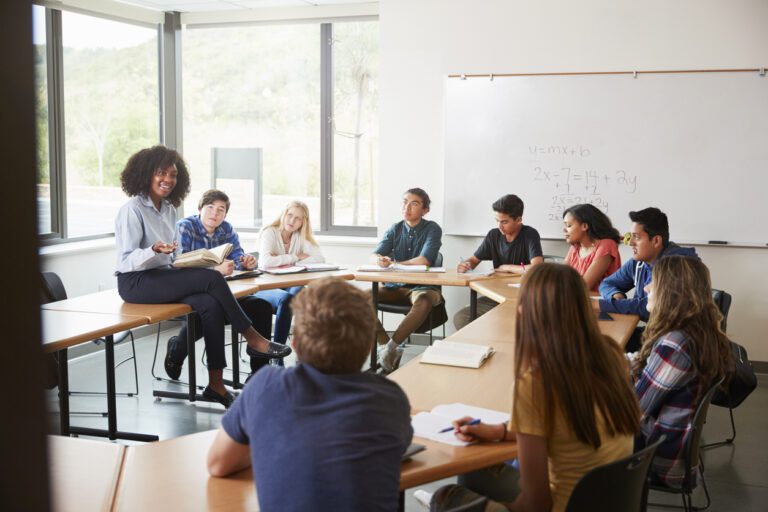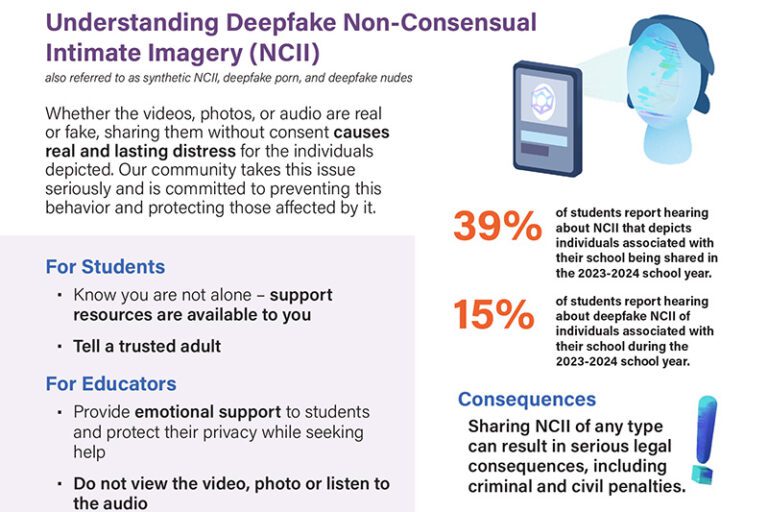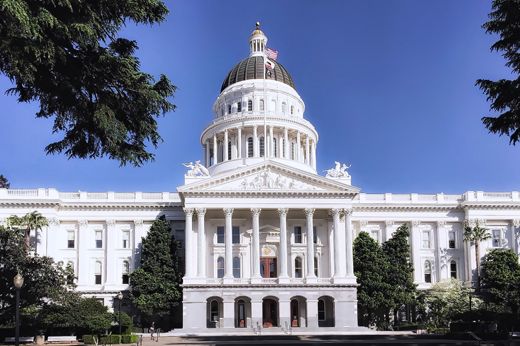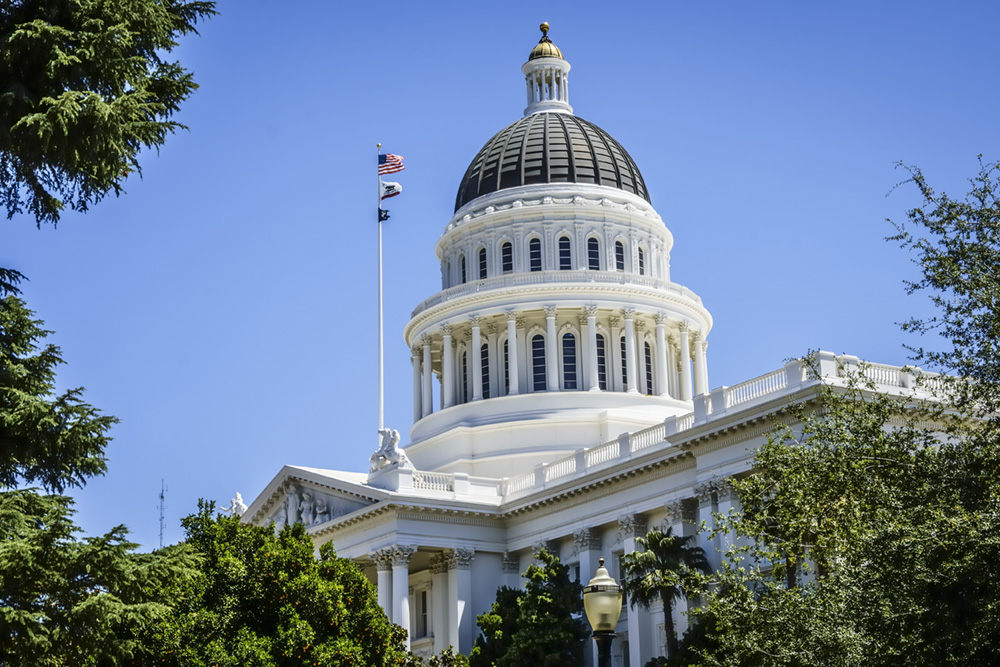Regularly scheduled meetings with legislators in their district offices are an important activity. Using this approach, you can become a firsthand resource on all educational matters in the legislator’s home district.
As the role of the state Legislature in determining the framework of public education continues to escalate, personal communication with individual legislators becomes increasingly important. Visits with legislators provide an opportunity for both parties to exchange viewpoints on a variety of basic educational issues, as well as to secure support for a particular position. Face-to-face dialogue, moreover, allows personalization of your relationship with the legislator and the legislator’s staff. The importance of becoming acquainted with legislative staff cannot be overemphasized. The staff is more readily available at the local level and can be invaluable. Take advantage of opportunities to show your appreciation by inviting them to lunch or at least send a thank you note.
Contacting the district office
- Monthly meetings with the legislator can be held effectively on Friday afternoons or on the weekend during a Saturday breakfast or lunch or a Sunday brunch. (During the legislative session, legislators are in Sacramento Monday through Thursday.)
- When a legislator is not available, meeting with a staff member is appropriate.
- If the meeting is going to focus on a specific legislative topic, let the legislator’s office know this at the time the meeting is arranged.
- Make your appointment for a specific time period; usually half an hour to an hour in length is appropriate.
- Discuss and develop rationale for positions on issues or legislation which will be discussed with the legislator.
- Review the legislator’s background, key interests, committee assignments, alliances and voting record.
- When meeting in groups, determine responsibilities of individuals for the conduct of the meeting.
- Select a spokesperson.
- Assign someone to function as an observer and mental note-taker. This individual should be responsible for drafting a written report of the meeting.
- Ask another person to take the role of the conciliator and “agenda mover.”
- Have someone available as a resource that can provide pertinent examples of dollars and other statistics from local school districts on specific issues.
During the meeting
- Be on time for your meeting. Be friendly, but business-like.
- Present your rationale clearly and honestly, but do not argue.
- Ask for clarification when you are not sure you understand what the legislator is saying or restate what you think you are hearing and ask for confirmation.
- Stick to the topics you planned to discuss. If the dialogue appears to be getting off the track, bring the discussion back to the issue your group came to address.
- Use your own examples to support your points, but avoid getting side tracked into emotional or unnecessarily personal illustrations.
- Shortly before leaving, the spokesperson should summarize the direction of discussion, their understanding of any agreement reached and differences highlighted and any follow-up actions which were mentioned.
- Be sure to leave on time unless the legislator clearly wishes to continue.
- At the end of the meeting, all members should leave as a group.
Following the meeting
- Take time to debrief and to summarize in writing your impressions of the meeting, the legislator’s positions and any follow-up needed.
- Review and discuss strategy for follow-up.
- Send a thank you letter to the legislator. Include any results of the meeting which you wish to emphasize.
- Use this opportunity to submit names you would like placed on the legislator’s mailing list if you have not already done so.








